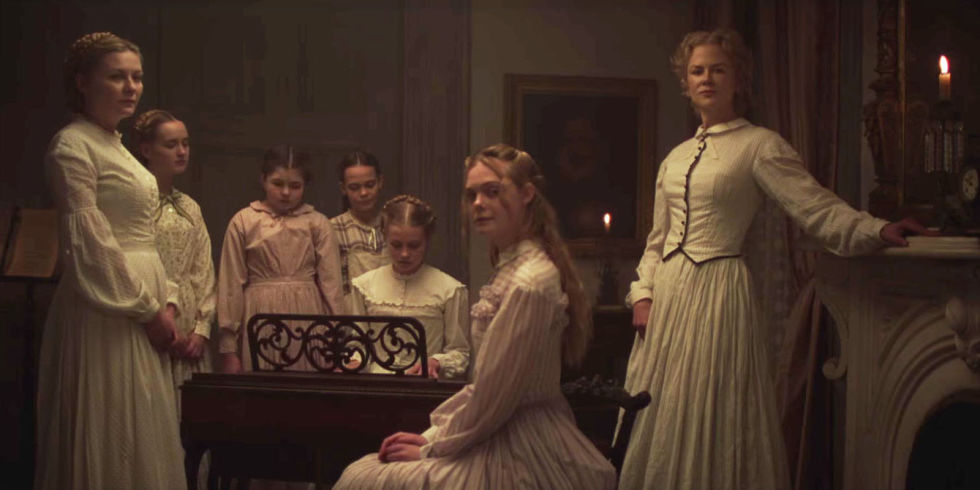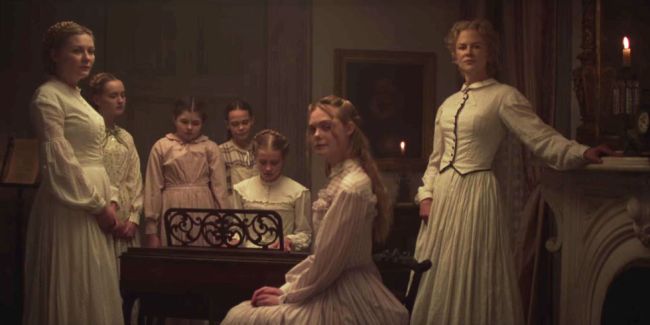Sofia Coppola Just Learned What the Bechdel Test Is


Sofia Coppola has a history of making movies about women, yet I don’t find myself the least bit surprised to hear that she’s never heard of the Bechdel Test. In an interview with GQ promoting the upcoming release of The Beguiled, she’s asked if this is “the rare feminist film that struggles to pass the Bechdel test?”
Her response: “The what test?”
If you’ve been living in a similar Coppola bubble for the last decade-plus, the Bechdel-Wallace Test notes if two or more women talk to each other about something other than a man. Coppola says she’d never heard of the idea. “Oh, I guess I’ve never studied film,” she explains. “That’s so funny, but there are a lot of women talking about a man in this.” Which, I suppose, is what the interviewer meant by “struggles to pass” the test.
Coppola probably wouldn’t have heard about Allison Bechdel, even if she hadn’t been born into a career. It’s not so much a film studies notion as it is a social-political idea to help audiences and filmmakers notice issues of representation. “Passing” or “failing” the test doesn’t necessarily have a direct bearing on the quality of the film, but by putting a name to the problem, it helps us notice patterns and facilitates discussion and, hopefully, progress.
So it’s not surprising that Coppola hasn’t heard of the test. She has made it clear that she does not notice the issues that standards like the Bechdel Test–or, more pressing for Coppola’s specific issues, the DuVernay Test–are designed to address. She doesn’t see the patterns, the tropes, and the holes in representation in her own work, and she probably doesn’t notice them in her industry at large.
Again, this naming of things is important. It’s part of a shared language of social issues we see reflected back to us in entertainment, and a shortcut for addressing them. If the entire point of The Beguiled is that women are fixated on one male character, Coppola might not change much about her film to meet the standards of Bechdel-Wallace. But women characters are rarely given a chance have depths rooted in anything but their relationship to male characters, and that’s not usually a conscious decision. The purpose of things like this test is to bring awareness to filmmakers’ choices and the lack thereof.
That Coppola can dismiss this idea of women’s characters being centered around the single male presence as “so funny,” or that she can erase slavery from a story about white Confederate women without looking back, indicates these her choices regarding those issues are not conscious. It looks more as though she sees her work as existing in a vacuum, rather than as perpetuating these pervasive problems.
(image: Focus Features)
Want more stories like this? Become a subscriber and support the site!
—The Mary Sue has a strict comment policy that forbids, but is not limited to, personal insults toward anyone, hate speech, and trolling.—
Have a tip we should know? [email protected]
